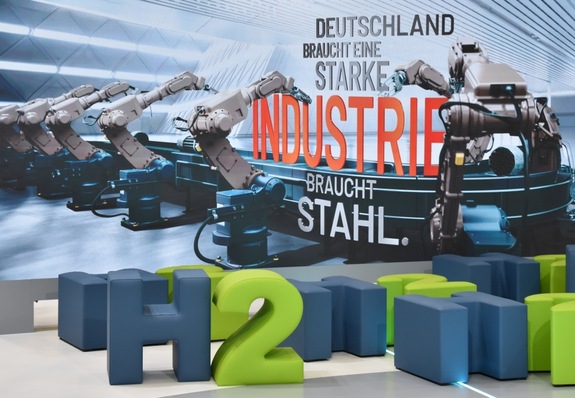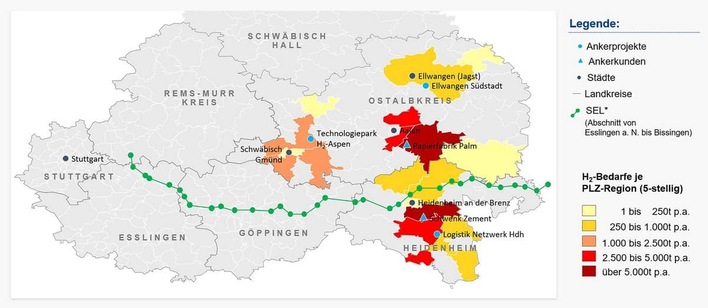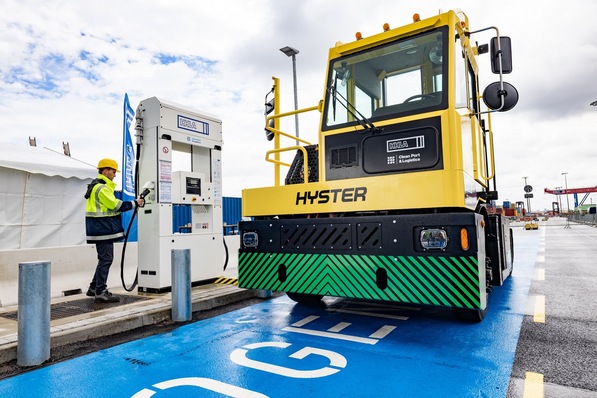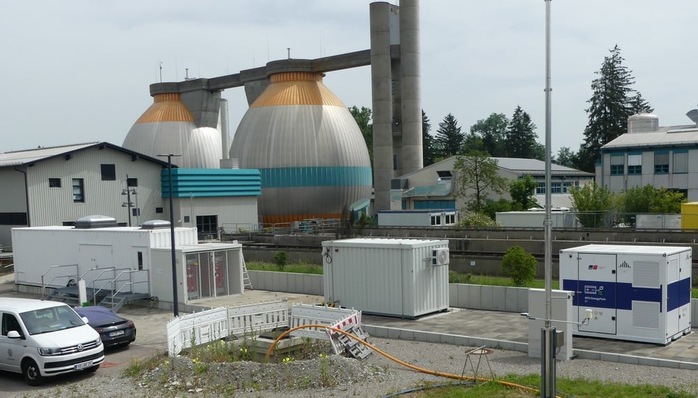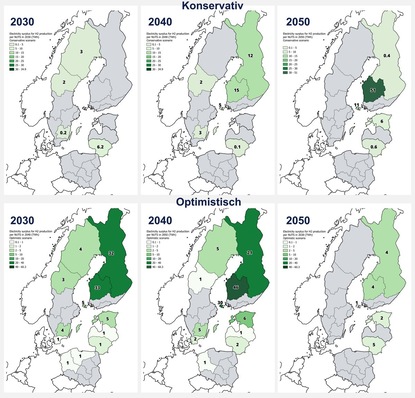The newly developed carbon fibers are based on cellulose, a renewable raw material. According to Fraunhofer IAP, they achieve mechanical, electrical and thermal properties comparable to those of conventional petroleum-based carbon fibers. The fibers can reach diameters of less than four micrometers – standard commercial fibers are around seven micrometers. This makes them particularly suitable for use in fuel cells, for example in gas diffusion layers.
Production is carried out using established spinning processes such as viscose or lyocell technology. By adding additives such as lignin, which is also derived from wood, the carbon yield during carbonization can be significantly increased. A catalyst system developed at Fraunhofer IAP reduces the carbonization temperature by more than 1,000 degrees Celsius and increases the carbon yield from 15 to 45 percent by weight.
High-performance carbon fibers that are sustainable
The structure of the carbon fibers can be specifically adjusted via spinning processes and process parameters such as temperature, residence time or mechanical stretching. This results in fibers with different porosities, degrees of crystallinity and cross-sections. In particular, the lobed cross-sections offer a high specific surface area and are therefore of interest for electrochemical applications.
“Our carbon fibers combine top technical performance with sustainability,” says Jens Erdmann, expert for bio-based carbon fibers at Fraunhofer IAP. “Their mechanical properties reach the level of petroleum-based high-modulus carbon fibers made from PAN. In addition, they exhibit electrical and thermal performance similar to that of pitch-based fibers.”
Carbon Lab Factory Lausitz to enable industrial scaling
The project is part of the Carbon Lab Factory Lausitz, an initiative for the industrial scaling of the technology. The aim is to map the entire value chain – from raw material to component – in Germany. The initiative is funded by the Federal Ministry for Economic Affairs and Energy and supported by Wirtschaftsregion Lausitz GmbH. Partners include TU Chemnitz and the Institute of Lightweight Engineering and Value Creation Management at the Brandenburg University of Technology Cottbus-Senftenberg.
The Carbon Lab Factory is intended to support structural change in the Lausitz region and to establish a globally unique research infrastructure for carbon fibers.




